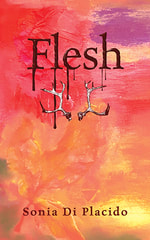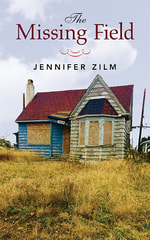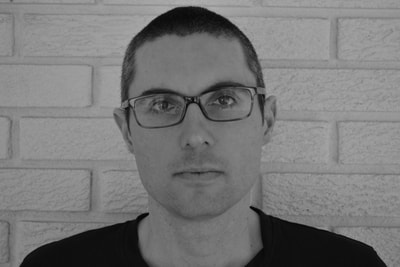Flesh by Sonia Di PlacidoThe Missing Field by Jennifer ZilmReviewed by Aaron Schneider
|
|
Sonia Di Placido’s Flesh and Jennifer Zilm’s The Missing Field, numbers 254 and 255 respectively in Guernica Editions’ long-running Essential Poets series, are very different books in style, in tone, and in much of their subject matter. They may differ, and differ substantially, but they have enough in common that it seems fitting that one should follow the other in this series. They are both preoccupied with quotidian details, with accumulation and lists, grounding their allusive intellectual flights firmly in the materiality of lived reality, and they both work regularly and to great effect with juxtaposition.
Di Placido’s Flesh pulses with poems that are as full-bodied and fleshy as the title, with its dripping letters, and the brightly-coloured cover promise. The third section, “Field Notes from a Taxidermist’s Daughter,” most obviously delivers on the promise of the title. The first poem in this section, “What is Animal Memorabilia,” begins: |



